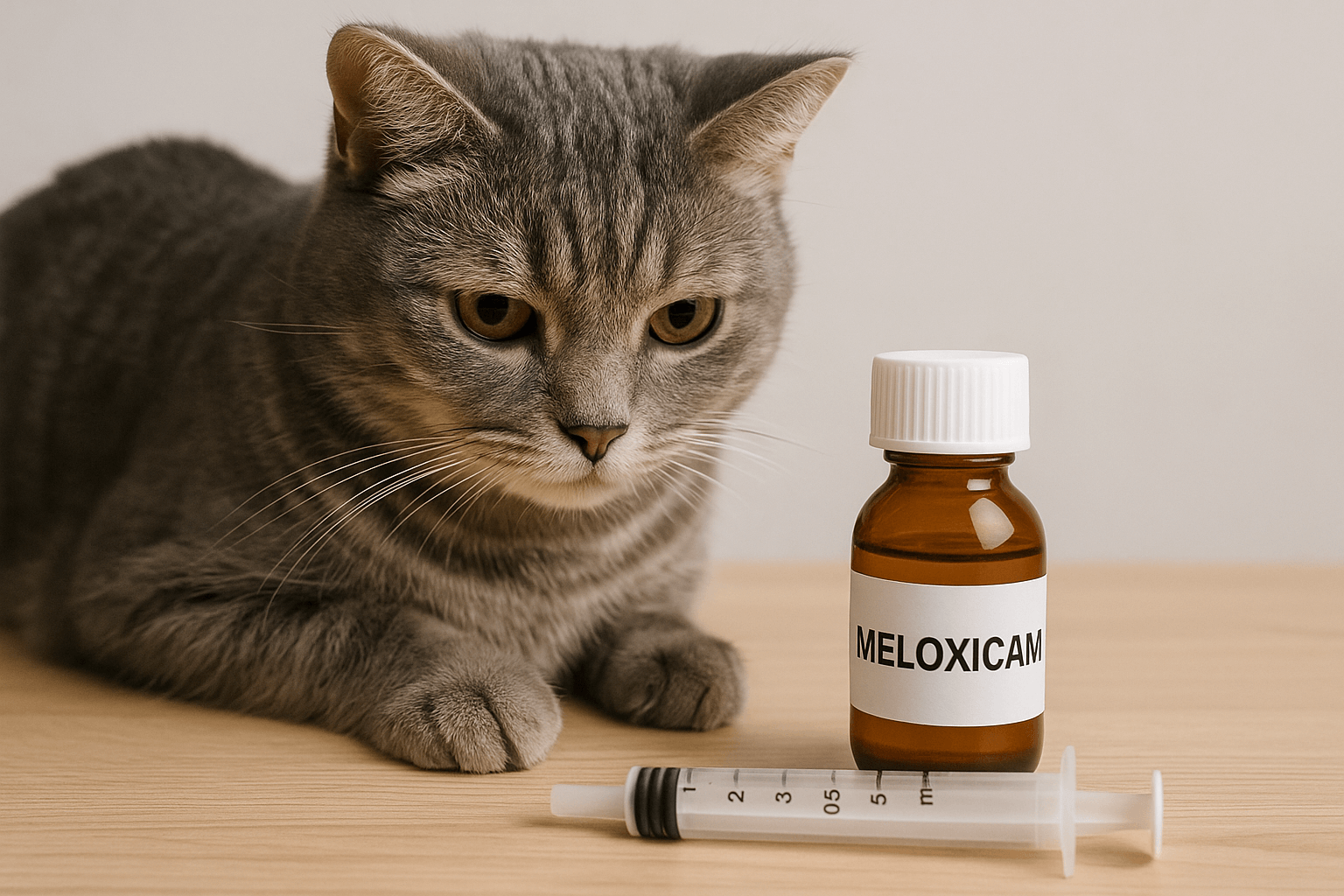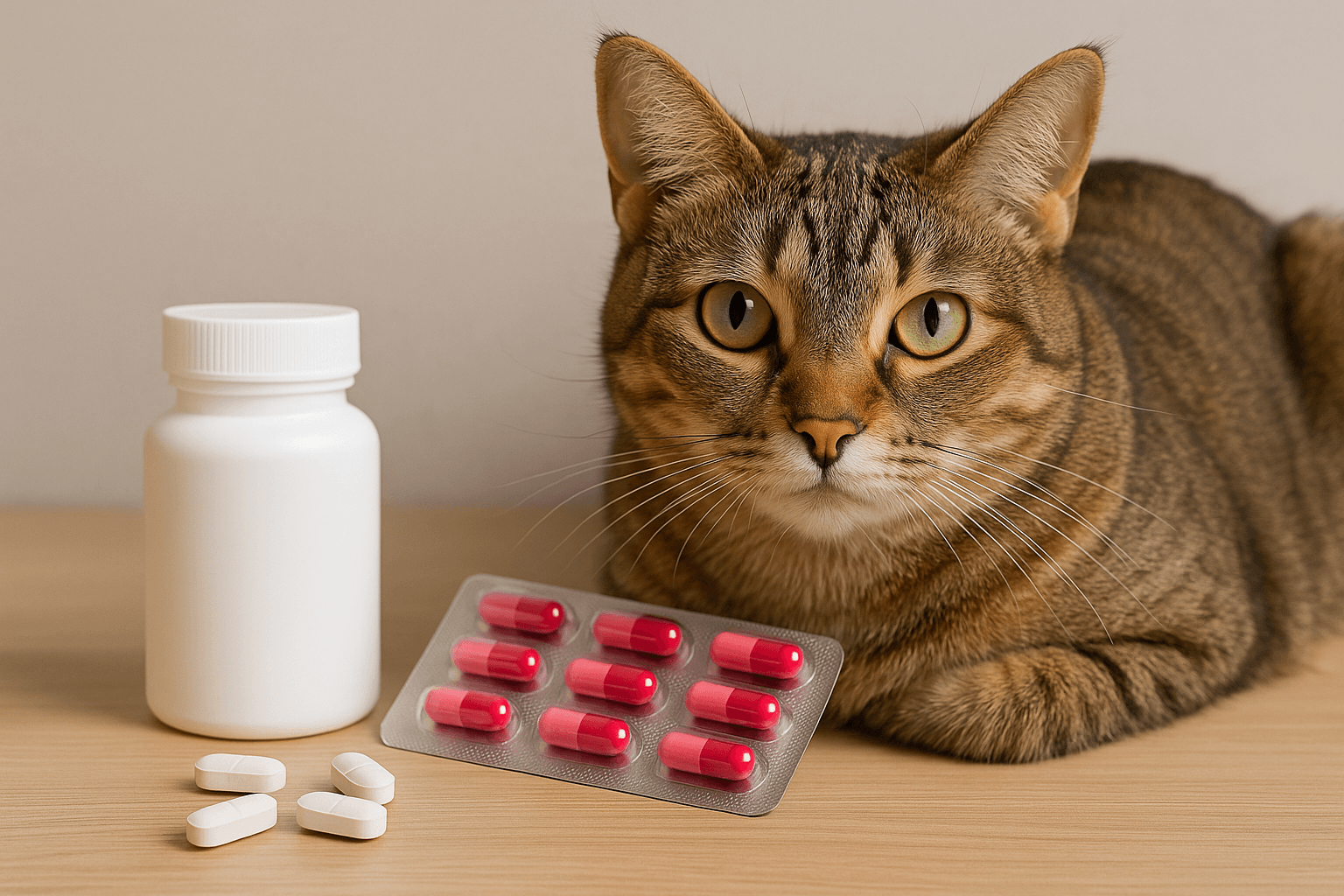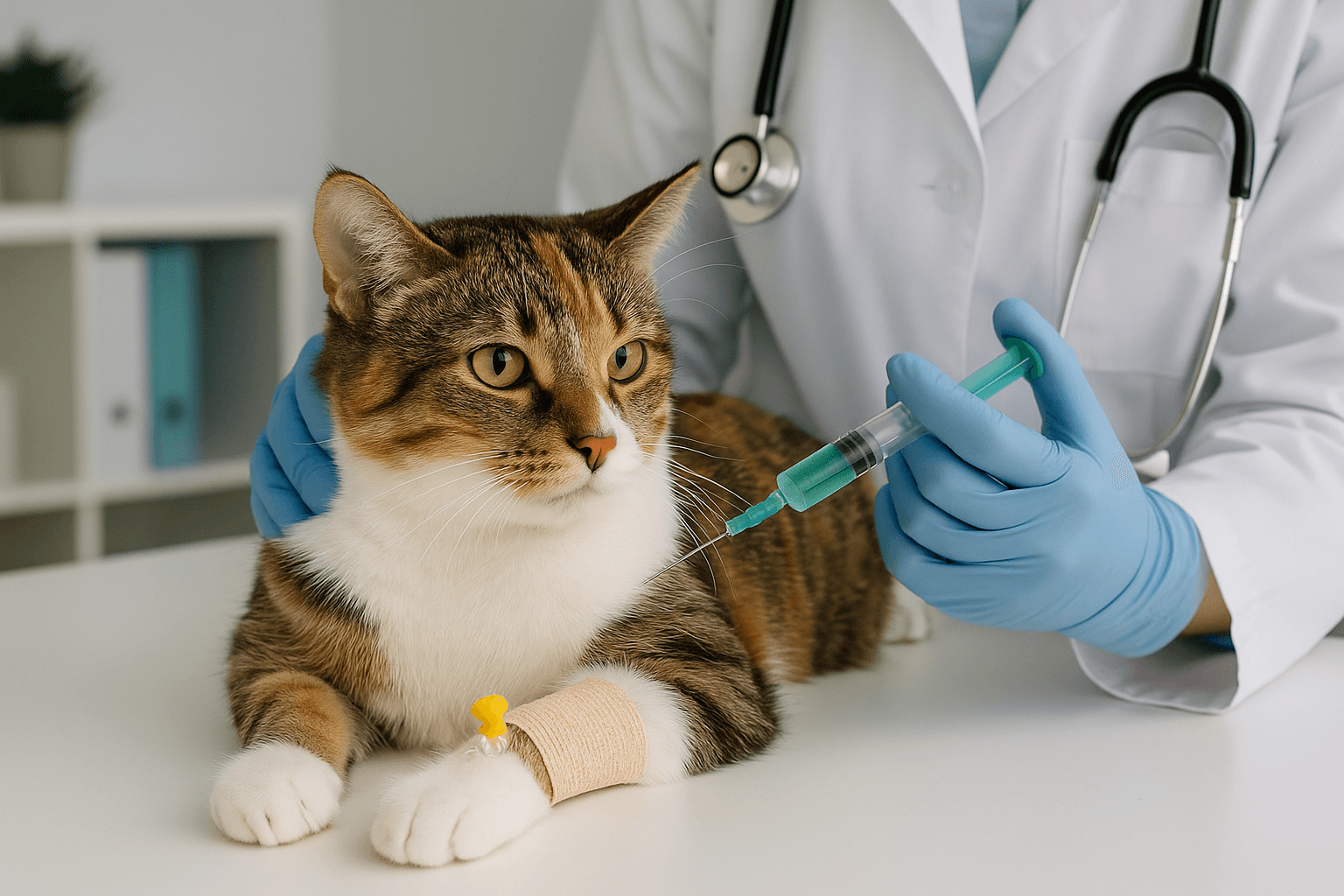Can Dogs Eat Peanuts? A Comprehensive Guide for Pet Owners
Peanuts are a popular snack for humans, but many dog owners wonder whether it’s safe to share this treat with their furry companions. While peanuts are not inherently toxic to dogs, there are important considerations to keep in mind before offering them as a snack. Factors such as portion size, preparation, and potential allergies can significantly impact whether peanuts are a safe or risky choice for your pup. In this blog post, we’ll explore everything you need to know about feeding peanuts to dogs, including the benefits, risks, and safer alternatives. By the end, you’ll be equipped with the knowledge to make informed decisions about your dog’s diet.
Potential Benefits of Feeding Peanuts to Dogs
When given in moderation, peanuts can offer some nutritional benefits to dogs. However, it’s essential to understand what makes them a potentially healthy snack before incorporating them into your dog’s diet.
Rich in Healthy Fats:
Peanuts contain monounsaturated and polyunsaturated fats, which can support skin and coat health when consumed in small amounts.Good Source of Protein:
As a protein-rich food, peanuts can contribute to muscle maintenance and overall energy levels.Packed with Vitamins and Minerals:
Peanuts provide nutrients like vitamin E, niacin, and magnesium, which support immune function and metabolism.Low Glycemic Index:
Unlike sugary snacks, peanuts have a low glycemic index, meaning they won’t cause rapid spikes in blood sugar levels.Mental Stimulation:
Offering peanuts as an occasional treat can provide mental enrichment, especially if hidden in puzzle toys or training games.
While these benefits make peanuts an appealing option, moderation and preparation are key to avoiding potential downsides.
Risks of Feeding Peanuts to Dogs
Despite their nutritional value, peanuts can pose several risks to dogs if not offered responsibly. Understanding these hazards ensures your dog stays safe while enjoying occasional treats.
High Calorie Content:
Peanuts are calorie-dense, and overfeeding can lead to weight gain or obesity over time.Choking Hazards:
Whole peanuts, especially unshelled ones, can pose choking risks, particularly for small breeds or dogs that gulp their food.Salt and Seasoning Concerns:
Salted or flavored peanuts can upset your dog’s stomach and even lead to sodium poisoning in large quantities.Allergic Reactions:
Some dogs may be allergic to peanuts, resulting in symptoms like itching, swelling, or gastrointestinal upset.Aflatoxin Contamination:
Improperly stored peanuts can harbor aflatoxins, toxic compounds produced by mold that can harm your dog’s liver.
These risks highlight the importance of careful selection and portion control when offering peanuts to your dog.
Check this guide 👉Can Dogs Eat Almonds? Best 7 Expert Tips!
Check this guide 👉Can Dogs Eat Strawberries? Best 7 Expert Tips!
Check this guide 👉Can Dogs Eat Magnesium? Best 7 Expert Tips!

Safe Peanut Options for Dogs | Unsafe Peanut Choices for Dogs |
|---|---|
Plain, unsalted peanuts | Salted or roasted peanuts |
Peanut butter without xylitol | Peanut butter with added sugars |
Crushed or chopped peanuts | Whole peanuts with shells |
Small portions as occasional treats | Large quantities in one sitting |
Organic, fresh peanuts | Moldy or stale peanuts |
How to Safely Introduce Peanuts to Your Dog
If you decide to give your dog peanuts, it’s crucial to introduce them gradually and responsibly. Follow these guidelines to ensure a safe experience.
Choose Plain, Unsalted Peanuts:
Avoid peanuts with added salt, spices, or flavorings, as these can upset your dog’s stomach.Remove Shells Completely:
Peanut shells are difficult to digest and can cause blockages or irritation in your dog’s digestive tract.Start with Small Portions:
Offer just one or two peanuts at a time to monitor how your dog reacts before increasing the amount.Monitor for Allergies:
Watch for signs of allergic reactions, such as itching, vomiting, or diarrhea, after introducing peanuts.Avoid Peanut Products with Xylitol:
Xylitol, a common sugar substitute, is highly toxic to dogs and should be strictly avoided.
By following these steps, you can minimize risks while allowing your dog to enjoy peanuts as an occasional treat.
Signs Your Dog May Have Eaten Unsafe Peanuts
Even with precautions, accidents can happen if your dog consumes unsafe peanuts or too many at once. Recognizing these warning signs allows you to act quickly if something goes wrong.
Vomiting or Diarrhea:
These symptoms may indicate digestive upset caused by excessive fat or harmful additives in peanuts.Excessive Thirst or Urination:
High sodium content from salted peanuts can lead to dehydration or sodium toxicity.Lethargy or Weakness:
A sudden lack of energy could signal a more serious issue, such as aflatoxin poisoning or xylitol ingestion.Swelling or Itching:
Allergic reactions often present as facial swelling, hives, or persistent scratching.Difficulty Breathing:
Severe allergic reactions or choking on peanut pieces may cause respiratory distress, requiring immediate attention.
Recognizing these signs early ensures prompt veterinary care and prevents further complications.
Common Mistakes to Avoid When Feeding Peanuts to Dogs
Feeding peanuts to your dog requires careful consideration to avoid mistakes that could jeopardize their health. Here are some pitfalls to watch out for.
Offering Salted or Flavored Peanuts:
Salted peanuts can lead to sodium toxicity, while flavored varieties often contain harmful additives.Giving Large Quantities at Once:
Overfeeding peanuts can cause digestive upset or contribute to unhealthy weight gain.Ignoring Signs of Allergies:
Failing to recognize allergic reactions can lead to severe symptoms if left untreated.Using Peanut Butter with Xylitol:
Many peanut butter brands contain xylitol, which is extremely toxic to dogs and should be avoided entirely.Leaving Peanuts Within Reach:
Dogs are opportunistic eaters; leaving peanuts accessible increases the risk of accidental overconsumption.
Avoiding these mistakes ensures a safer and healthier experience for your dog.
Healthier Alternatives to Peanuts for Dogs
If you’re hesitant about feeding peanuts, there are plenty of alternatives that provide similar benefits without the associated risks.
Carrot Sticks:
Low-calorie and crunchy, carrots are a great source of fiber and vitamin A for dogs.Apple Slices (Seedless):
Apples offer natural sweetness and are rich in vitamins, making them a refreshing treat.Plain Cooked Chicken:
High in protein and easy to digest, cooked chicken is a favorite among dogs.Blueberries:
These tiny berries are packed with antioxidants and make an excellent bite-sized snack.Green Beans:
Low in calories and high in fiber, green beans are a satisfying option for dogs on a diet.
These alternatives allow you to treat your dog while keeping their health a top priority.
Understanding Your Dog’s Nutritional Needs
Every dog has unique dietary requirements based on factors like age, size, activity level, and breed. Understanding these needs helps you make better decisions about treats like peanuts.
Caloric Intake Matters:
Treats should make up no more than 10% of your dog’s daily caloric intake to prevent weight gain.Age-Specific Considerations:
Puppies, adults, and senior dogs have different nutritional needs, so adjust treats accordingly.Breed-Specific Sensitivities:
Certain breeds may be more prone to allergies or digestive issues, requiring tailored diets.Activity Levels Influence Diet:
Active dogs may benefit from higher-protein snacks, while less active dogs require lower-calorie options.Consult Your Veterinarian:
Regular check-ups and dietary advice from your vet ensure your dog receives balanced nutrition.
By understanding your dog’s individual needs, you can provide treats that enhance their overall well-being.
Frequently Asked Questions About Dogs and Peanuts
Are peanuts safe for all dogs?
While most dogs can tolerate plain peanuts in moderation, some may have allergies or sensitivities, so always proceed with caution.
Can puppies eat peanuts?
Puppies have sensitive digestive systems, so it’s best to avoid peanuts until they’re older and fully developed.
What type of peanut butter is safe for dogs?
Opt for natural peanut butter without added sugars, salts, or artificial sweeteners like xylitol.
How many peanuts can I give my dog?
Limit servings to just a few peanuts (1-3) per week, depending on your dog’s size and dietary needs.
What should I do if my dog eats moldy peanuts?
Contact your veterinarian immediately, as moldy peanuts can contain harmful toxins that affect liver health.
Balancing Treats and Health: Can Dogs Eat Peanuts?
Peanuts can be a tasty and nutritious treat for dogs when given responsibly, but they also come with potential risks that every pet owner should consider. By choosing plain, unsalted peanuts, monitoring portion sizes, and watching for adverse reactions, you can safely incorporate this snack into your dog’s diet. Always prioritize your dog’s overall health and consult your veterinarian if you’re unsure about introducing new foods. With proper care and attention, you can ensure your furry friend enjoys the occasional peanut without compromising their well-being.
Cat Fever Treatment: Best 7 Expert Tips! Discover expert advice on identifying, managing, and treating fever in cats to ensure their quick recovery and well-being.
Understanding Meloxicam for Cats: Best 7 Expert Tips! Learn how to safely administer meloxicam, manage side effects, and ensure your cat's comfort with expert advice on feline pain relief.
Amoxicillin for Cat UTI: Best 7 Expert Tips! Discover safe usage, dosage guidelines, and expert advice on treating feline urinary tract infections effectively with amoxicillin.
Understanding Cat Cancer Treatment: Best 7 Expert Tips! Discover expert advice on managing feline cancer, from early detection to treatment options, ensuring your cat’s health and comfort.




